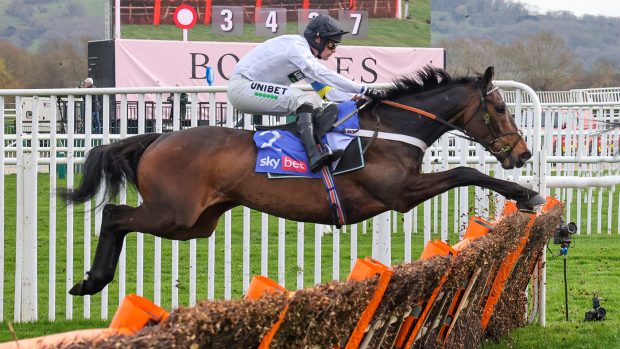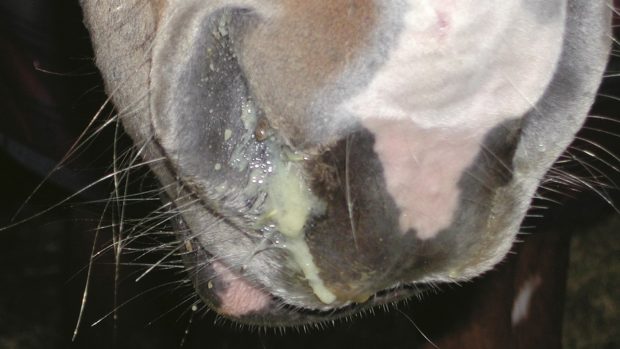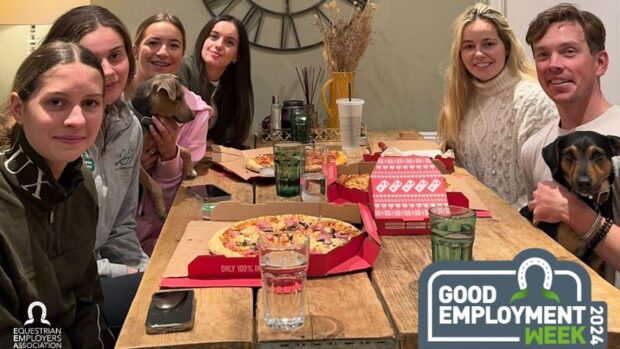Team chasing has launched a search for a new sponsor after Goring Hotels stepped down following a decade of backing the sport. The sponsorship will end after the 2006 national championships because George Goring is no longer competing and is less involved with the running of the hotels.
“We have a choice,” said Joe Cowen, team chasing committee chairman of the Masters of Foxhounds Association (MFHA), at the sport’s national conference at Cheltenham recently. “We can let the sport revert to a series of locally funded hunt events or use what George has given us to take it on to the next level.
“To do that we need to search for a sponsor for the open championship, using a professional consultant, which will be costly.”
The committee proposed that competitors and event organisers pay a levy to the MFHA to raise the cash to find a sponsor who can match or exceed the £30,000 per annum provided by Goring Hotels. Competitors in open and intermediate classes would pay £10 per team on top of their entry fee, while novice teams contribute £5. Events offering open qualifiers would pay £100.
The 52 representatives of open teams and event organisers at the conference agreed that all team chase events run under MFHA rules should pay this levy.
“It is encouraging that people are backing the levy,” said Cowen. “If events are unable to offer generous prize-money — £350 goes to the winner of each open qualifier — there will be less incentive to run horses in the open division.”
George Goring and twin brother Richard, 65, rode in the inaugural team chase at Hickstead in 1974, and were regulars on the Boring Gorings team until George suffered head injuries in a fall last year. The sport is now highly competitive, with some events attracting 100-plus team entries.
While the open section remains healthy, the most significant expansion has occurred at novice and intermediate level. Several events added extra classes in the 2004-2005 season.
Competitors have called for an intermediate final, which is under consideration should the sponsorship bid be successful.
Team chasing is likely to become an important fund-raiser for many hunts — the MFHA’s Alastair Jackson suggests that for making money it is second only to point-to-pointing.
|
||
 |
||


 Get up to 19 issues FREE
Get up to 19 issues FREE TO SUBSCRIBE
TO SUBSCRIBE 



